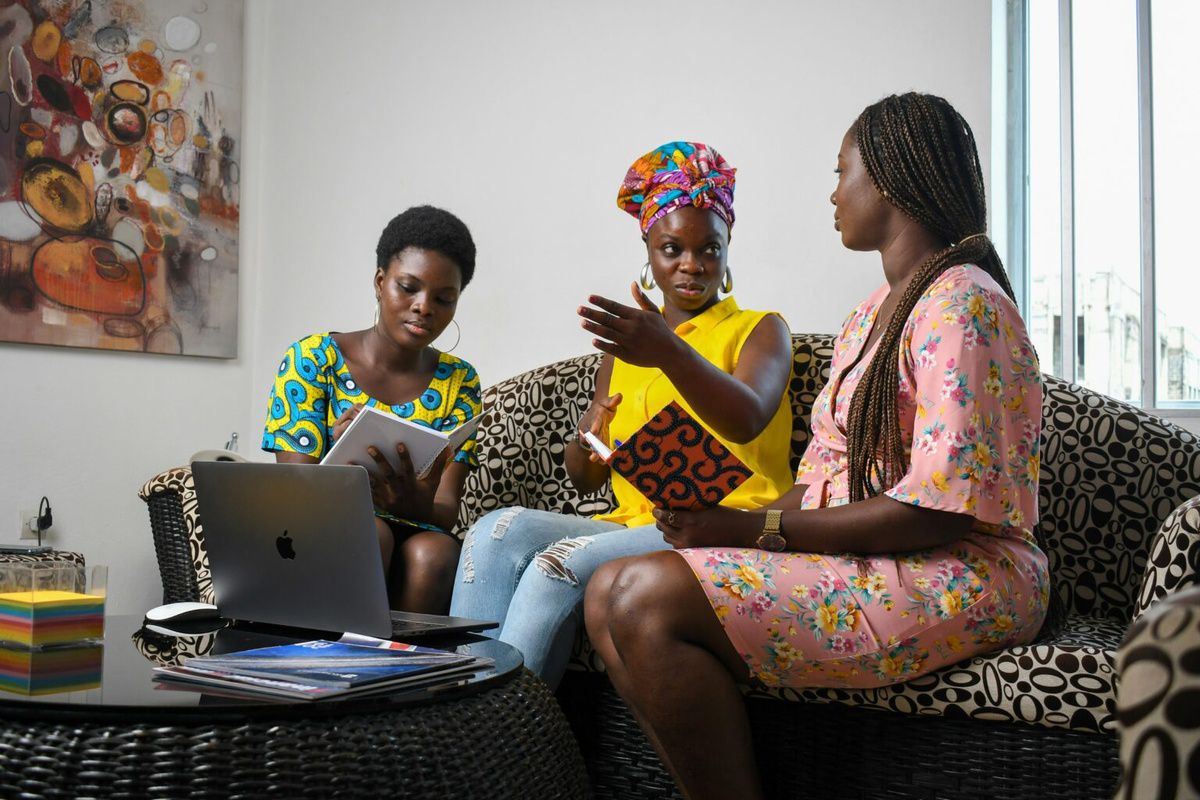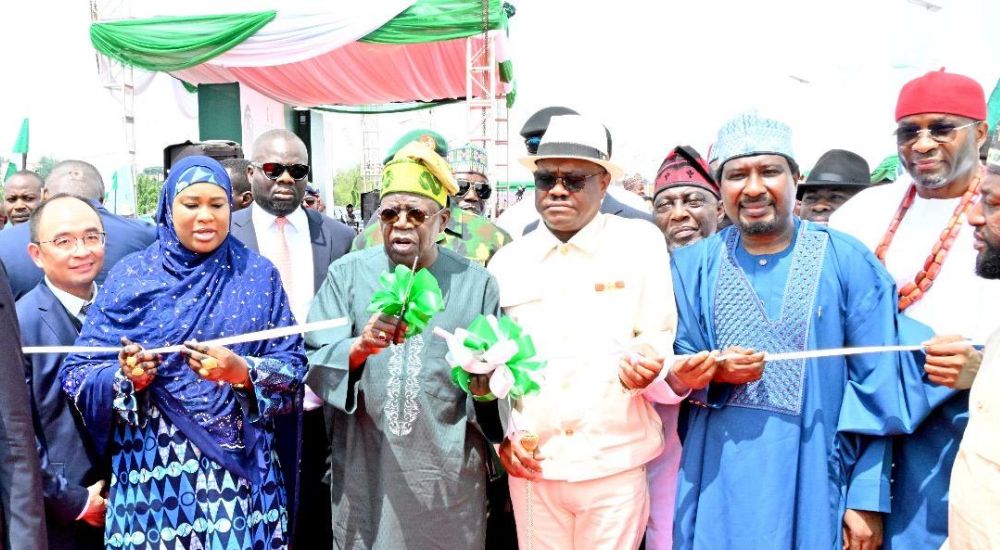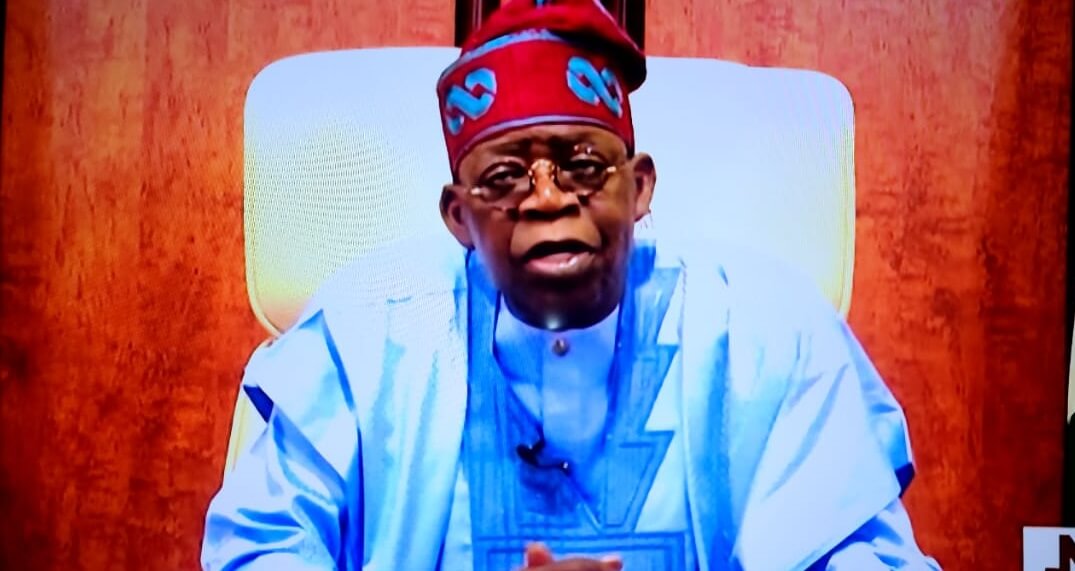JUNE 12: Assessing Democracy In Nigeria Under President Tinubu

As Nigeria marks another Democracy Day, we are reminded once again that democracy in this country serves the powerful, not the people. Perhaps the most consequential and regrettable decision of the current administration has been the abrupt removal of the fuel subsidy.
While it was sold to the public as a bold economic reform aimed at redirecting national resources, its implementation has only deepened inequality, accelerated inflation, and intensified poverty.
What was promised as a path to national rebirth has instead become a gateway to unchecked looting at the subnational level.
With federal allocations to states now multiplied several times over, the expectation was for visible improvements in infrastructure, healthcare, education, and public services. Instead, it remains business as usual.
Across the country, there is little, if any, evidence to suggest that the increased funds have translated into better lives for citizens. No new roads, no improved schools, no functional hospitals.
Only expanding convoys, lavish spending, and political realignments as governors defect to the ruling party to secure continued access to power and privilege.
Worse still, the relentless campaign for local government autonomy led with admirable conviction by the Honourable Attorney-General, Lateef Fagbemi, SAN, has yielded no tangible result.
Despite the overwhelming financial advantages post-subsidy removal, governors continue to siphon local government funds with impunity, crippling the very tier of government closest to the people.
Nigeria is trapped in a cycle where personal interest trumps public good, where the rule of law is undermined by political expediency, and where accountability remains elusive. Our democracy, instead of empowering citizens, has become a tool for entrenching elite control.
Today, as we mark Democracy Day, we must ask: Who truly benefits from this democracy? For many Nigerians, the promise of representative governance has given way to daily struggles for survival.
Until leadership is redefined by service, transparency, and genuine commitment to national development, Nigeria’s democracy will remain a celebration for the few, while the majority continue to suffer in silence.
Adeyanju is a lawyer and human rights activist. He’s based in Abuja.
JUNE 12: Assessing Democracy In Nigeria Under President Tinubu is first published on The Whistler Newspaper





